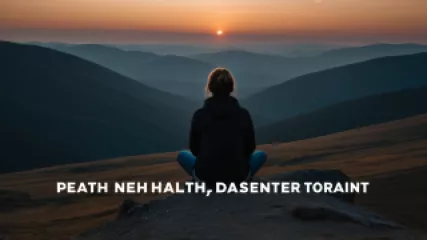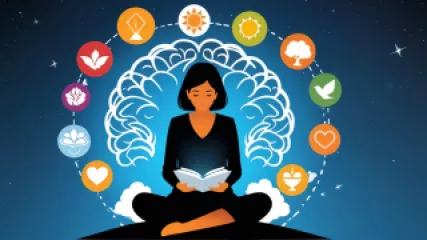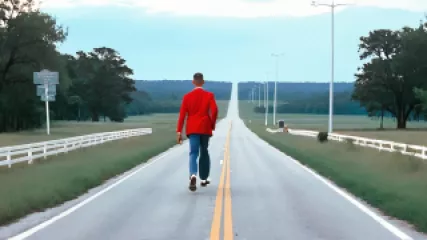Overcoming Negative Thinking: An Interview with a Mindfulness Expert
1 year ago
Overcoming Negative Thinking
My Transformative Journey from Trauma to Resilience
1 year ago
Trauma
Unlock Mental Toughness: Lessons from "Rocky" for Sportspeople
1 year ago
Psychology Of Sport
Emotional Lessons from Memorable Movie Moments
1 year ago
Understanding Emotions
The Psychology of Belief: An Interview with a Leading Psychologist
1 year ago
Psychology of Belief
Psychology of Pain: Lessons from "Inside Out"
1 year ago
Psychology of Pain
My Journey Through a Mental Health Crisis: Finding Hope and Support
1 year ago
Crisis Intervention
What is Psychoeducation and How Can It Benefit Your Mental Health?
1 year ago
Psychoeducation
Overcoming Life's Setbacks: An Ultimate Guide
1 year ago
Handling Life Setbacks
My Journey to Resilience: Overcoming Adversity and Empowering Myself
1 year ago
Resilience
My Journey with Psychoeducation: Unlocking Self-Understanding
1 year ago
Psychoeducation
What Resilience Lessons Can We Learn from Forrest Gump?
1 year ago
Resilience
What is the Best OCD Counseling Approach?
1 year ago
Obsessive Compulsive Disorder
My Journey Through Psychoeducation: Unlocking Personal Growth
1 year ago
Psychoeducation
Overcoming OCD: An Expert Interview
1 year ago
Obsessive Compulsive Disorder















